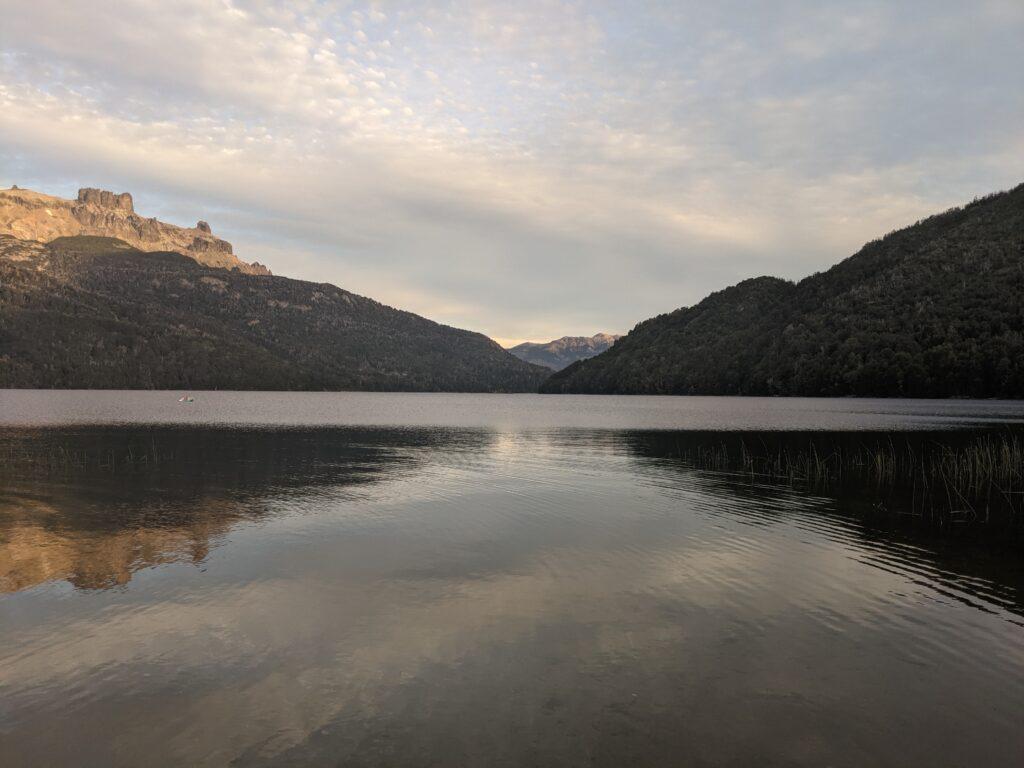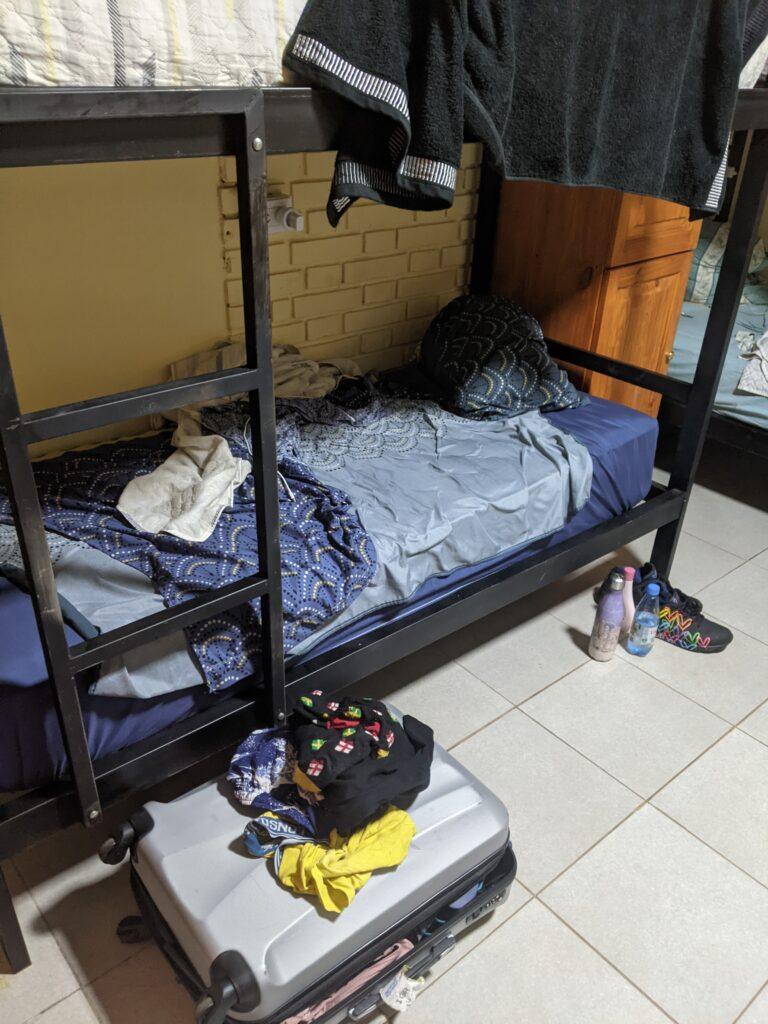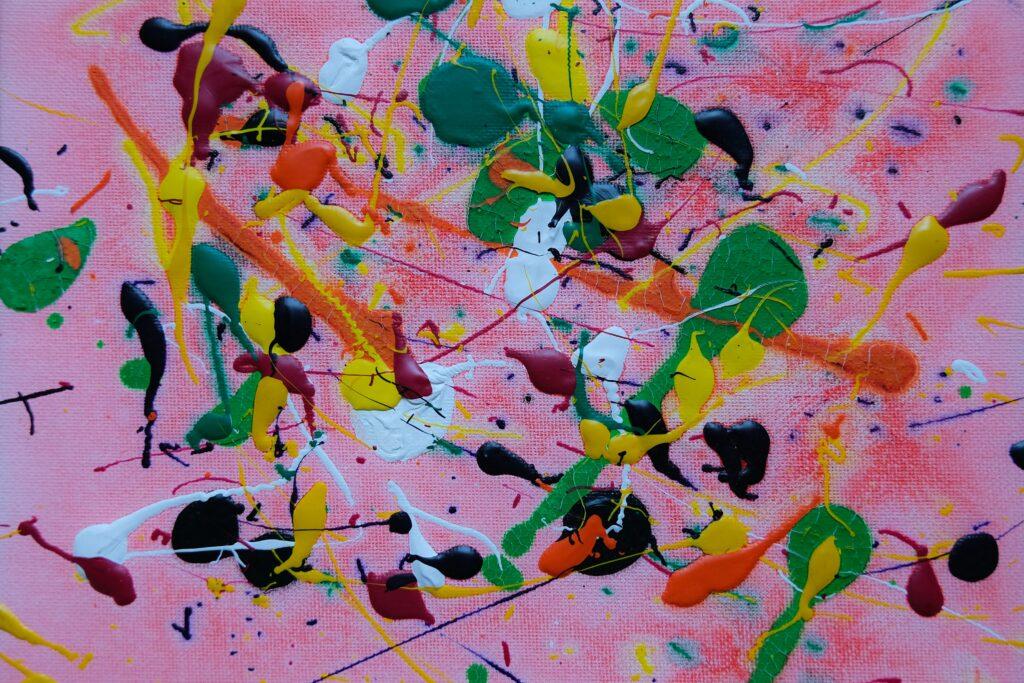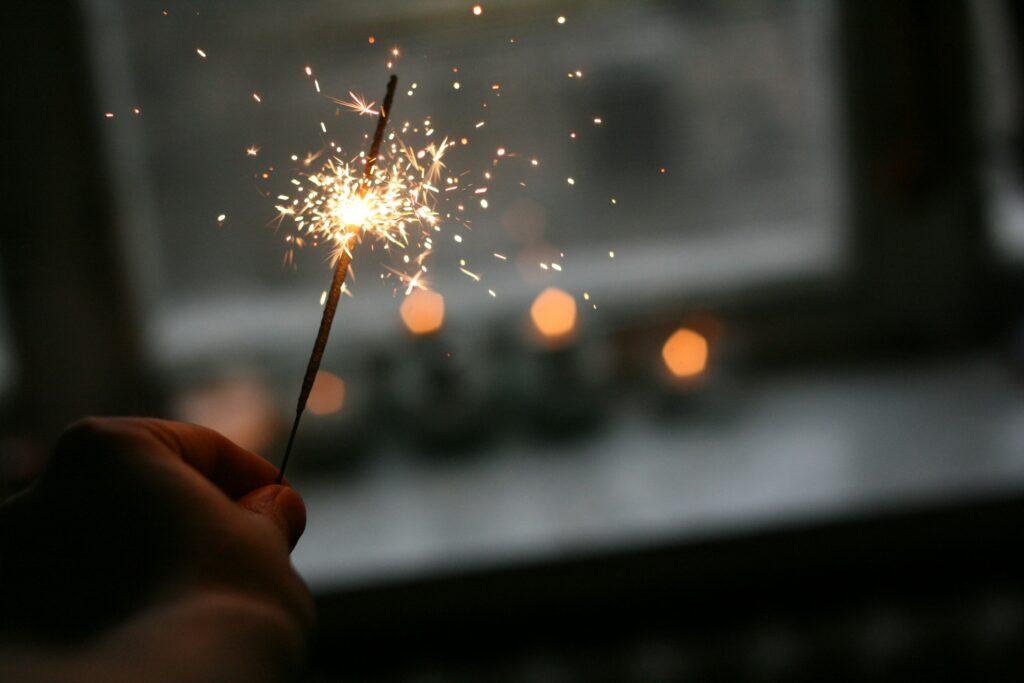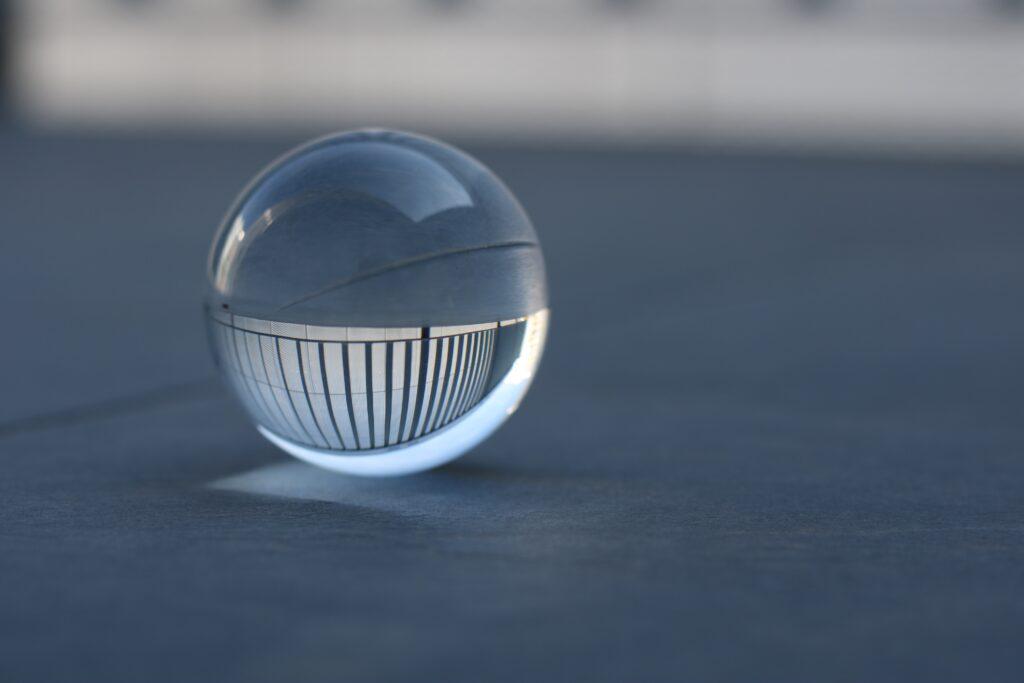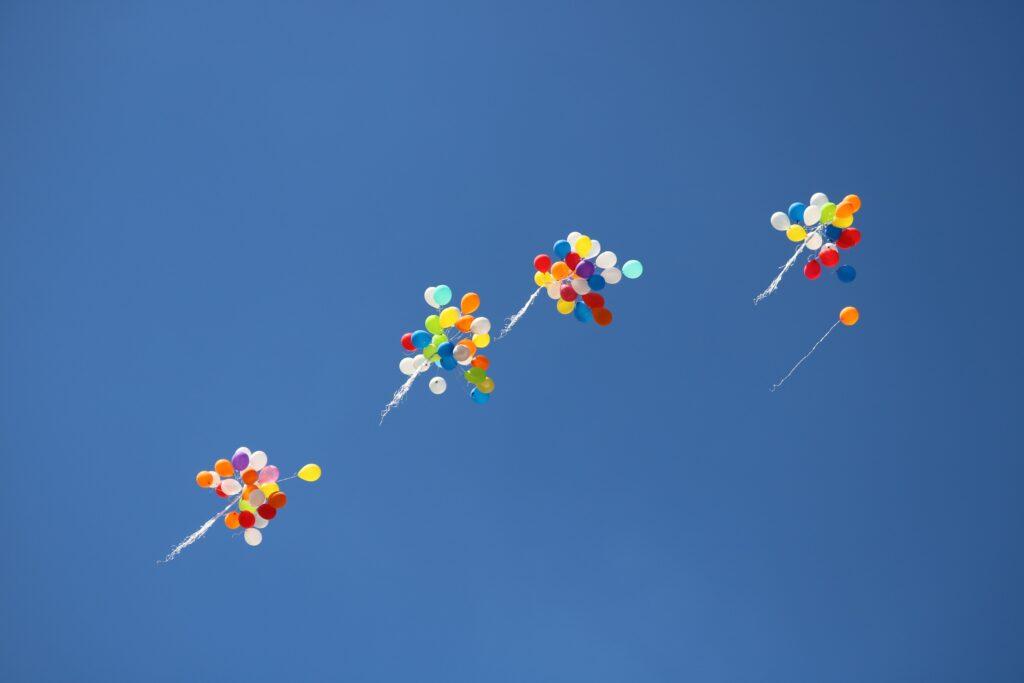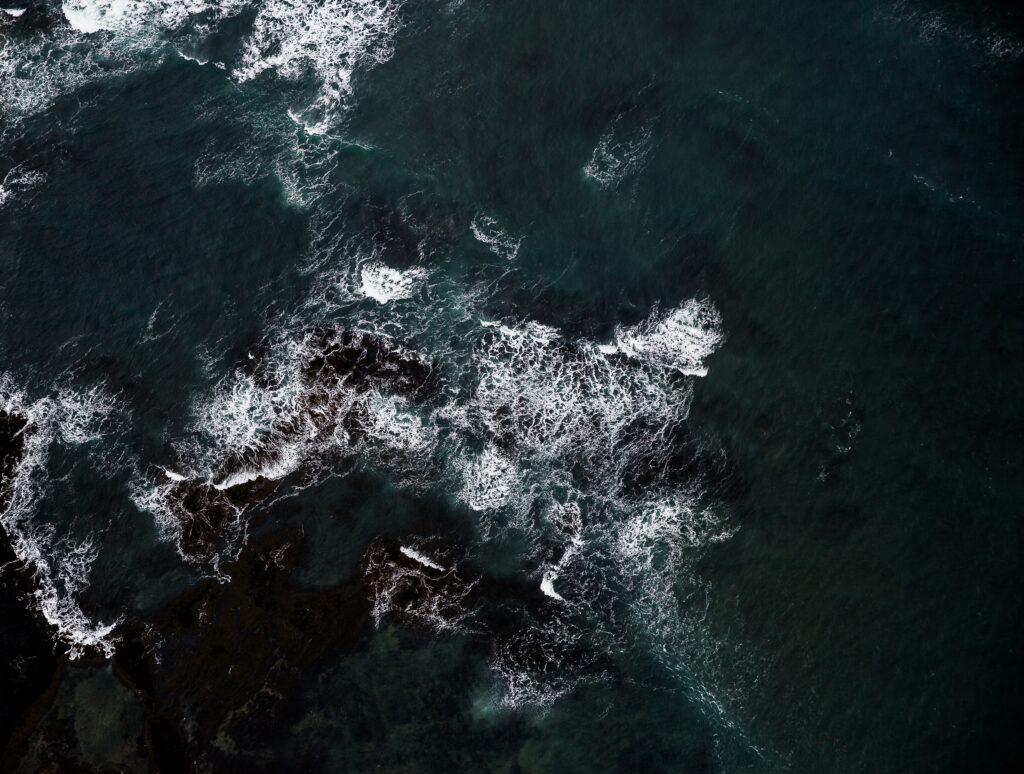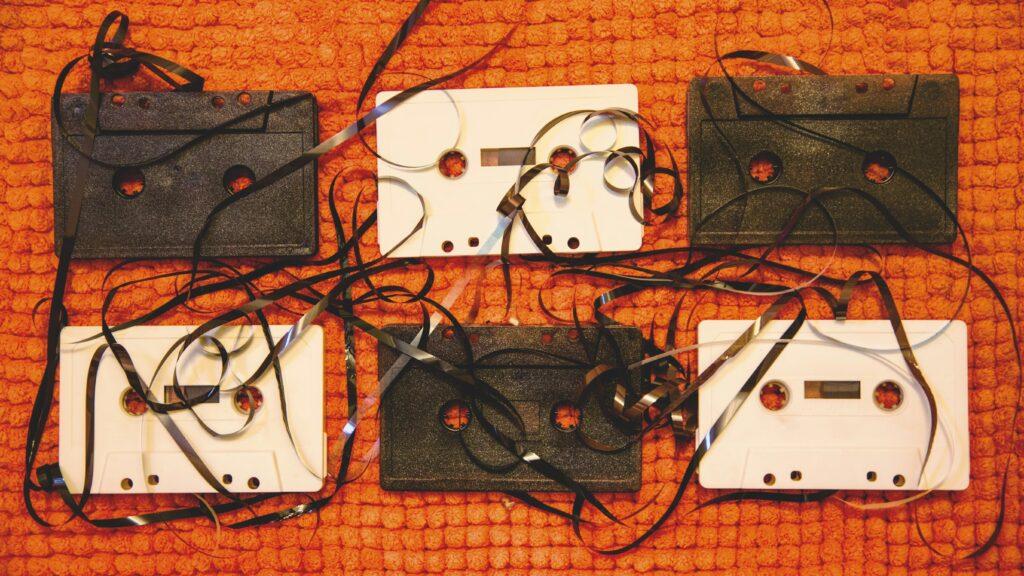
Emotional reactions aren’t exactly hard to find. Online, the world can feel very polarised, so it can be a challenge to keep a cool head when discussing divisive topics – be that climate, diversity, war or anything else.
For many of us, we’ve been taught the value of avoiding emotional reactions. It’s important for us to be able to listen to others without reacting straight away. Yet whilst we are better off not reacting to the first emotion that we have, I also feel we have gone too far the other way.
We have inadvertendly idealised the idea of being cool, calm and collected over the ability to express genuine feelings. Indeed, the idea of expressing how you feel is still seen as a risk in a corporate workplace, for fear of being called unprofessional.
Growing up in a mix of UK and Bangladeshi culture, I learnt to keep emotions in check. Whilst the British side taught me the value of the ‘stiff upper lip’ to avoid causing a scene (particularly in public), the Bangladeshi culture focussed on the need for respect and humility.
Whilst there are definite positives to these values, they also contribute to the lack of balance within people in society. For males, expressing emotions is something that is neither expected nor often wanted. It is no wonder that we see so many men in the world unable to share how they were genuinely feeling.
For women, this can be a challenge for being seen as ‘too emotional’, particularly in a workplace setting. For everyone else on the gender spectrum, expressing emotion can be tricky: there are less obvious examples to follow, whilst other people’s reactions can also be negative when these go against the expected gender norms.
In last week’s article, I talked about how I was a far more emotional and sensitive creature than I had previously realised. This week for me was about tying this realisation with the way I act on a day-to-day basis.
I’ve realised how the usual response to something that genuinely upsets me is to push down the emotions. When someone has done something that has hurt me, I jump to their perspective. I try and be understanding without properly understanding how I am feeling. My trained, instinctive response is often to play down a situation, only for my upset or anger to surface quickly after. I would then feel unable to express these feelings as I had already said things were fine.
So I’ve been looking to express myself more closely with how I’ve been feeling. This has been quite a big shift, and honestly, probably not a popular one. Internally, I’m letting go of a filtering system which put me closer to a cool, calm and collected response. It’s also made me realise how much I self-censor: as someone who already has the image of being outspoken, I’ve been unconsciously tuning out a lot of my ideas for fear of being too radical.
The reality, though, is that I am radical. I’ve seen it time and time again that the way my mind thinks is very different to the people around me. It’s taken some time, but I’ve also learnt to see this as a gift – the world is facing so many challenges it needs the space for more radical thinking. I shouldn’t be toning down my ideas in a space where creative thinking is desperately needed.
At the same time, this has only increased my feelings of being an outsider. Whilst I enjoy the uniqueness of my life most of the time, I often wish my life was a little less unique and I found it easier to connect with others. But I also know that this is my life path, and any attempt to pretend otherwise would only lead me to dimming my own light and ultimately being unsatisfied.
I honestly don’t know whether what I am doing is good life advice for others. I think (or perhaps hope) that better emotional expression leads to a more fulfilling life. But I also am still in fear of the repercussions. Will this be ultimately damaging for my friendships, career and everything else?
In the short term, it might just be. But hopefully in the longer term it will lead to better things.
